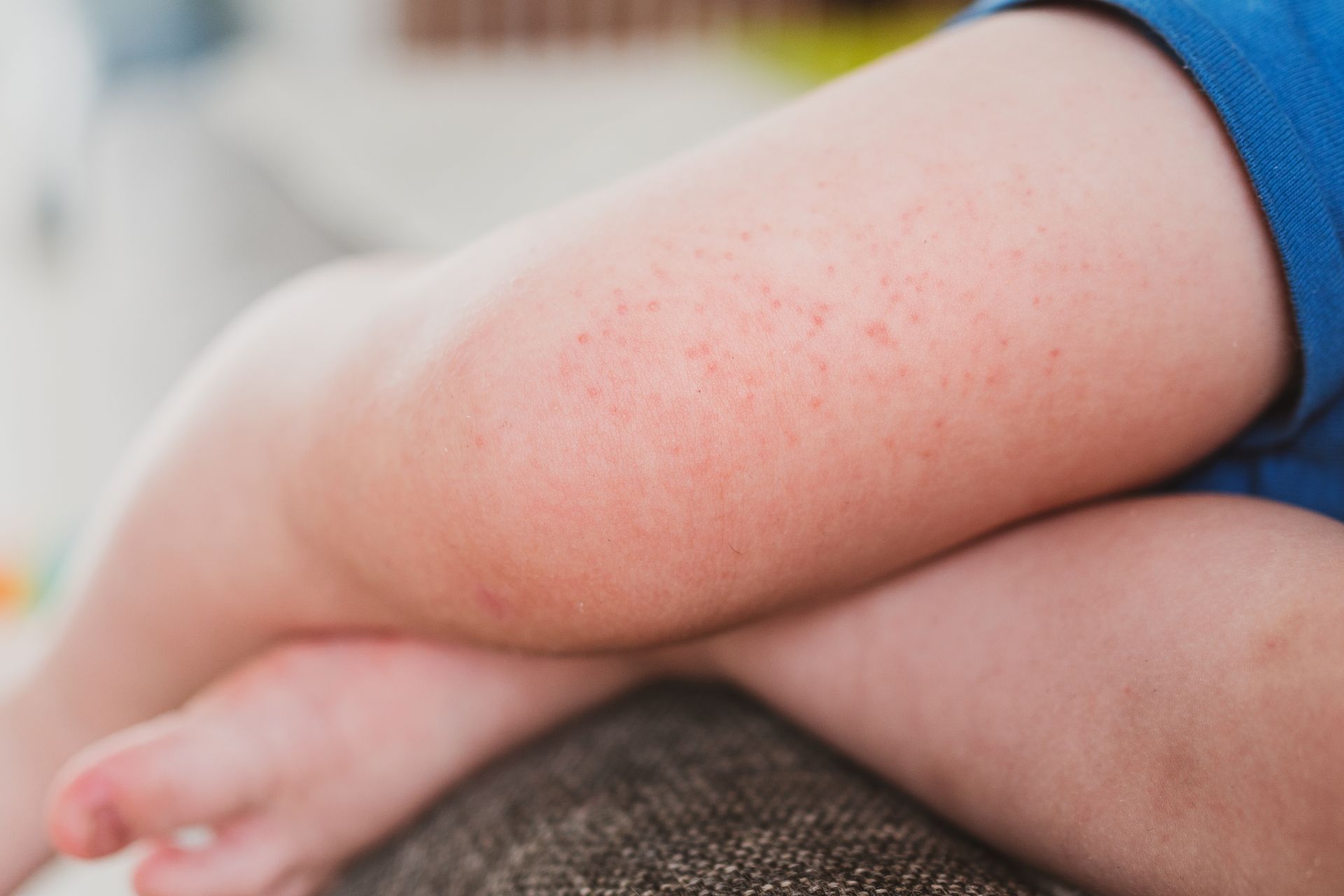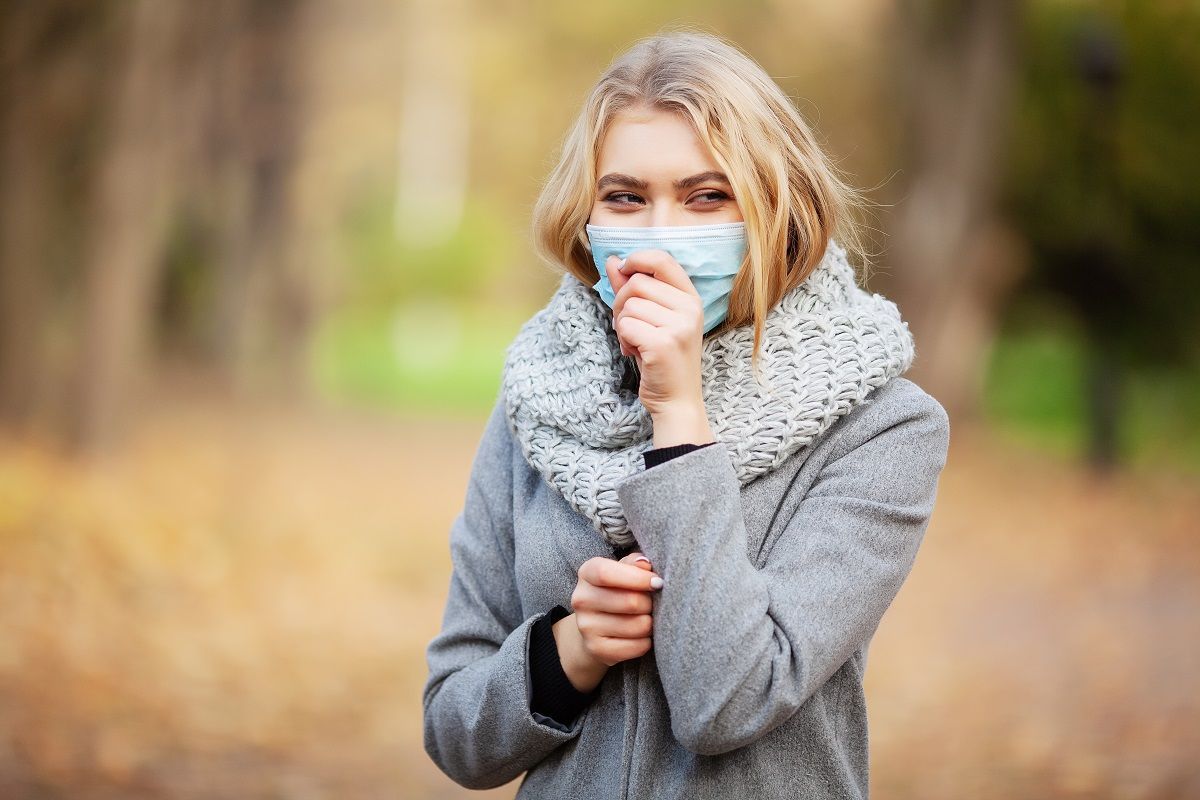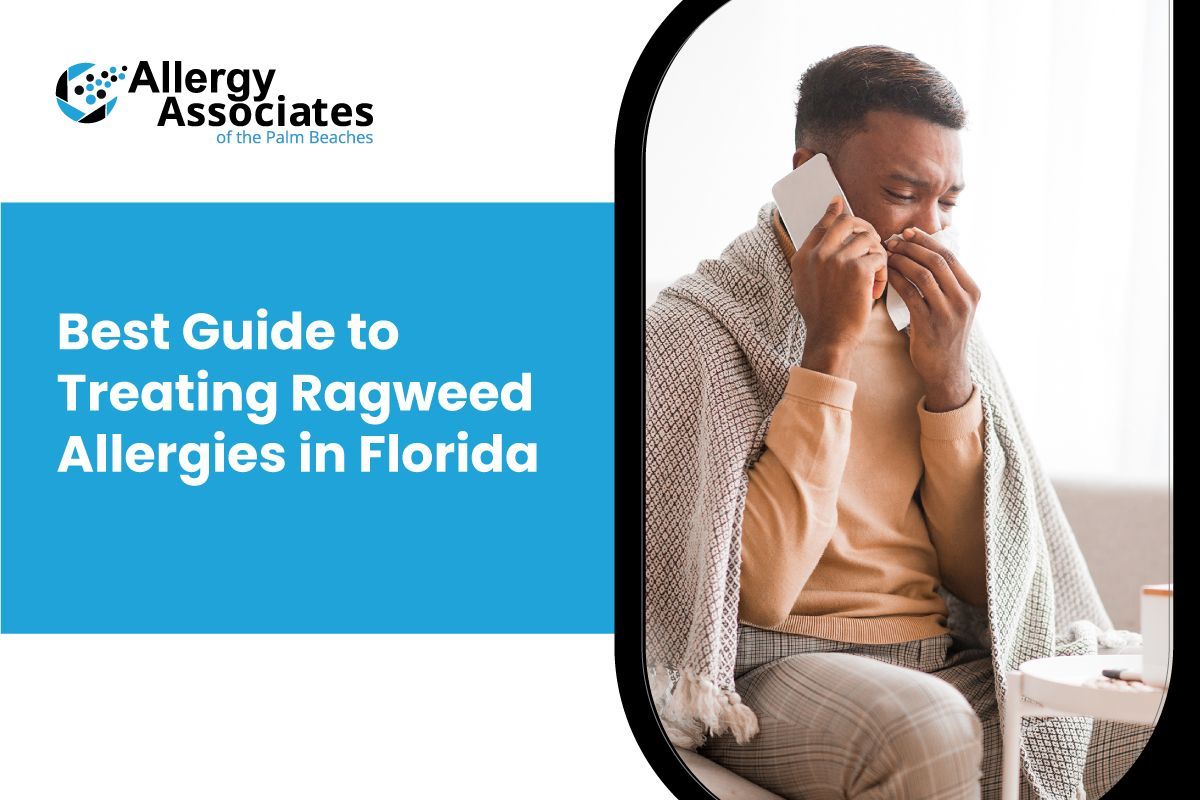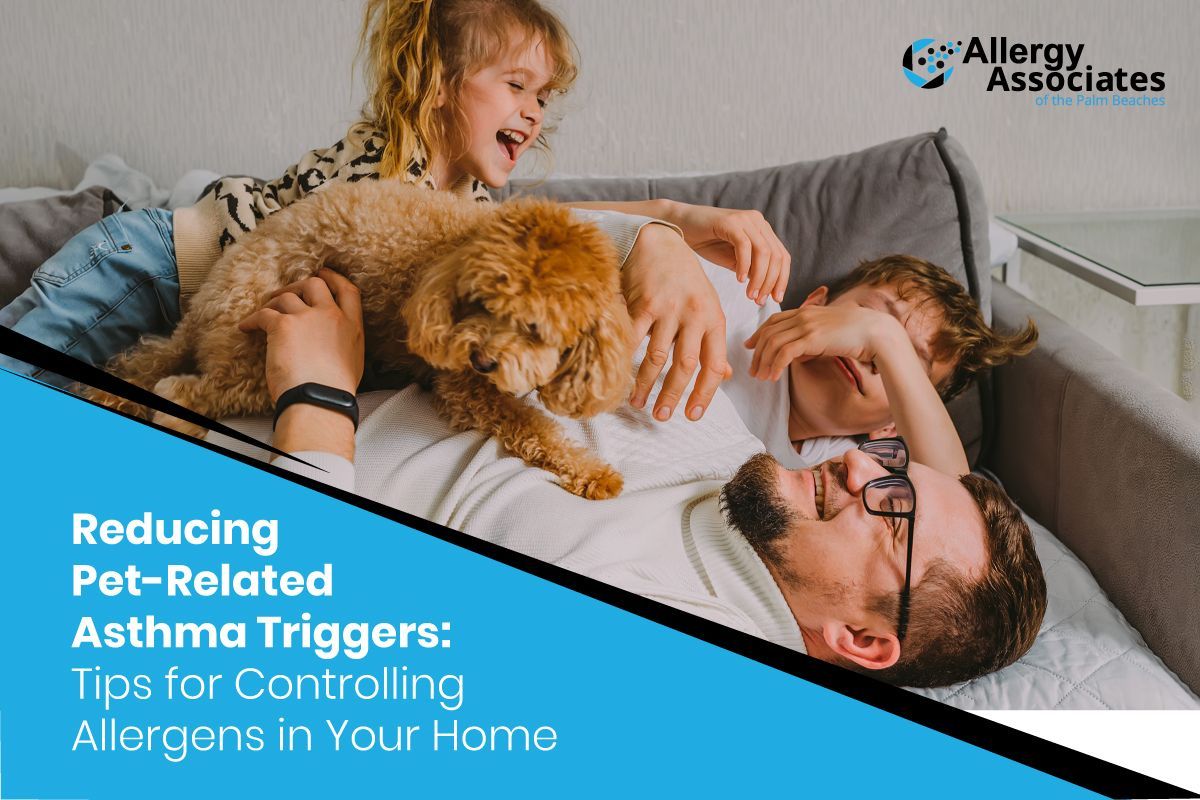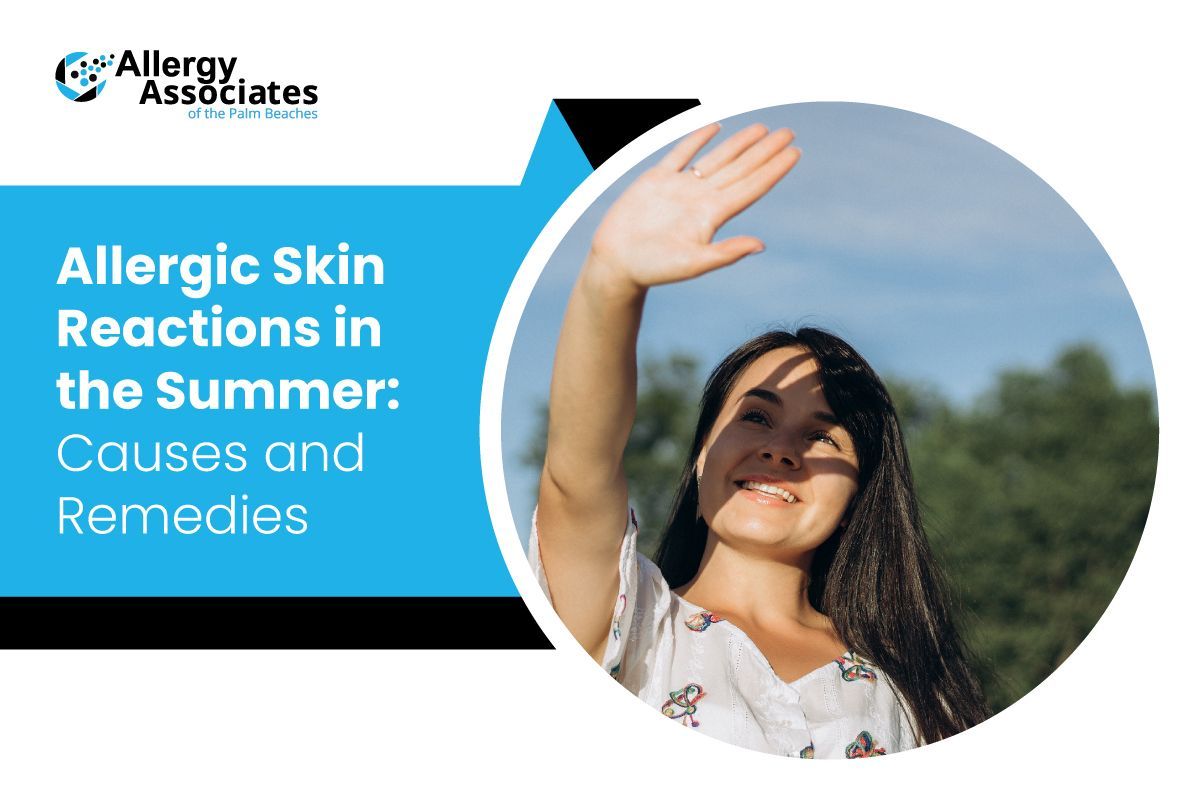How to Deal with Allergic Rhinitis
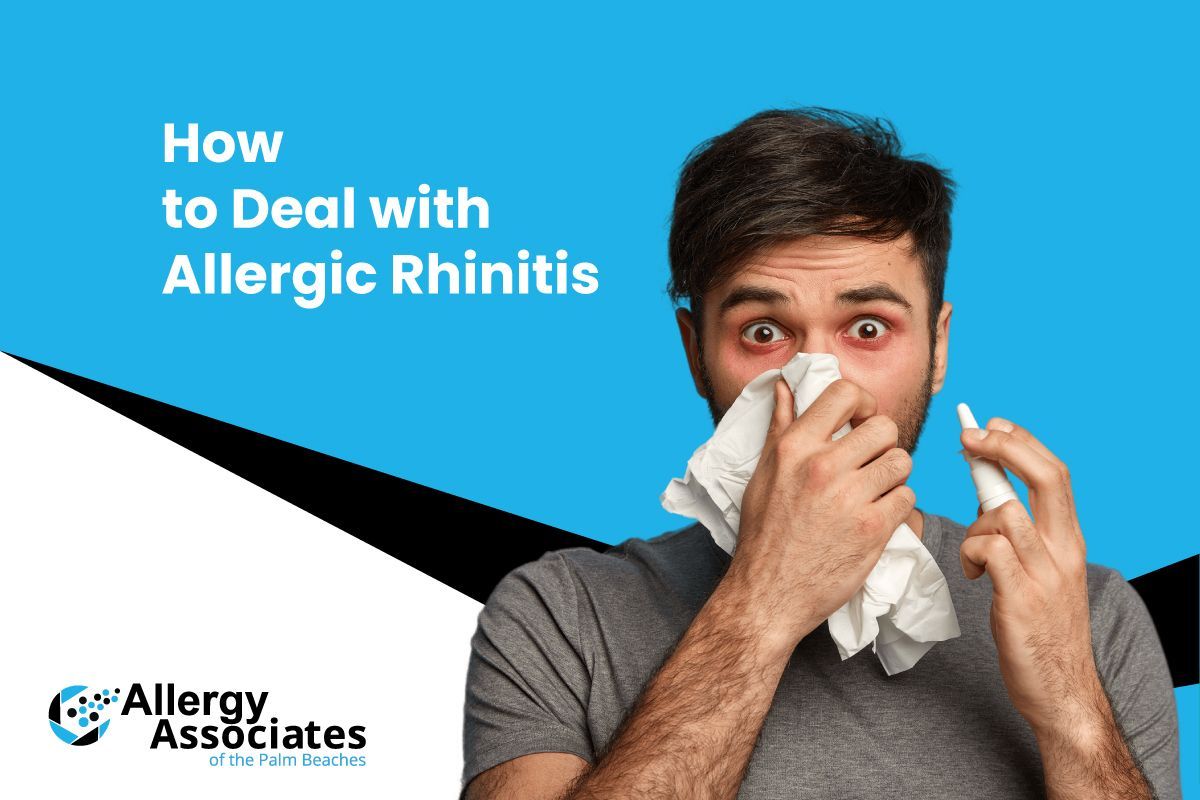
Allergic rhinitis (Hay Fever) is a common health condition worldwide. Researchers say that 10% and 30% of the world's population have allergic rhinitis. The typical symptom of hay fever is nasal irritation, especially when exposed to specific allergens like pollen.
Allergies are part of our lives whether we like them or not. In fact, it is challenging to avoid an allergic reaction altogether. You can get an allergic response indoors, outdoors, and with specific materials in your clothing, jewelry, or money.
With the facts stated above, it is crucial to learn everything you can on how to deal with allergic rhinitis. This blog post focuses on exciting and factual information about allergic rhinitis.
So, if you want to learn the best ways to manage hay fever and sneezing allergies, read on to learn more.
What is Allergic Rhinitis
Allergic rhinitis occurs when the inside of your nose gets swollen due to exposure to allergens like pollen, animal dander, and molds. Like all types of allergies, your body's natural defenses negatively react to these substances, resulting in inflammation, sneezing, coughing, and many more.
It is easy to confuse allergic rhinitis with
sinus infection due to the similarities of their symptoms. However, the difference between the two is that allergies trigger hay fever, while bacteria or viruses are more likely to cause a sinus infection.
Understanding the Symptoms
When you have hay fever, you'll most likely experience cold-like symptoms following exposure to allergic substances. Most individuals affected by allergic rhinitis have mild to moderate symptoms that go away without medical treatment. But, of course, the severity of the symptoms varies from one person to another. Moreover, not one allergic reaction is the same.
The symptoms of hay fever typically get better over time. However, it is less likely to disappear completely. On the other hand, allergies are manageable. Below are the common allergic rhinitis symptoms.
- Sneezing
- Coughing
- Dark circles under the eyes
- An itchy nose
- Watery eyes
- Runny nose allergies
- Eczema-like symptoms, such as having dehydrated, itchy skin that usually blisters and ooze
- Excessive fatigue
- Itchy eyes
- Frequent headaches
- A sore or scratchy throat
- A stuffy nose
- Hives
You may experience the symptoms from the above list a few minutes or hours after exposure to allergens. The severity depends on an individual's reaction to the allergens. Moreover, it is possible to experience these symptoms all year round.
Understanding the Causes
When you have allergies, the typical reaction of your immune system is to produce and release histamines to combat what they perceive as threats, even if those substances are harmless.
Here are the typical causes of allergic rhinitis:
- Animal dander (shed-off skin)
- Mold
- Cat saliva
- Dust mites
- Grass pollen
- Tree pollen
Seasonal allergies trigger allergic rhinitis. It is challenging for individuals with this condition during certain parts of the year when pollen production is at its peak.
Pollen travels through the air over thousands of miles. They also rest on cars, furniture, or clothes. Try to learn your local pollen count during such seasons.
Risk Factors
Allergies affect anyone regardless of ethnicity, age, or gender. What's more, you are more likely to develop allergic rhinitis if you have a history in the family of having one. Asthma and atopic eczema also increase the risk factor. Below is a compilation of the external risk factors of allergic rhinitis.
- Hairspray
- Cigarette smoke
- Humidity
- Air pollution
- Perfumes
- Colognes
- Chemicals
- Fumes
- Wind
- Wood smoke
- Cold temperatures
Treatment
How to get rid of rhinitis? Although there is no cure for allergies, there are many ways to control them. We've compiled the best ways to treat and manage allergic rhinitis in the section below.
The Medical Approach
- Antihistamines
Allergic rhinitis medication like antihistamines work like magic. They block histamine production efficiently and quickly reduce the symptoms. These medications should also be taken sparingly because some of the best antihistamines for allergic rhinitis (brands) induce drowsiness. However, they are safe and effective.
2. Decongestants
If sneezing, runny nose, or blocked nasal passages are what you're experiencing due to allergic rhinitis, decongestants are ideal for you. Decongestants reduce the swelling of your nasal passages allowing better flow of mucus. The effects also help you breathe better due to an allergic running nose.
3. Nasal Sprays and Eye Drops (for itchy eyes and nose)
It's typical to experience itchy eyes during an allergic rhinitis attack. So, eye drops provide the best relief in such cases. Nasal sprays also have a fast-acting effect that could help relieve clogged or runny noses.
4. Immunotherapy
Boosting your immune system is the best way to deal with allergic rhinitis. Since you can develop allergic rhinitis indoors or outdoors, enhancing your body's natural defenses is best. Immunotherapy starts with the build-up phase, usually lasting for three to six months. Your doctor introduces small increments of allergens to your body until it gets used to them. This process will continue until the maintenance phase. Then you will get allergy shots every two to four weeks for up to five years. The advantage of immunotherapy is it will make your immune system resilient against allergic rhinitis all year round.
What are Home Remedies for an Itchy Nose?
- Vitamin C
Studies say that 2,000 milligrams of vitamin c efficiently reduces histamine production. You can also eat fruits rich in vitamin c for a more natural source.
2. Quercetin
Vegetables like broccoli and cauliflower contain quercetin. It helps stabilize histamine production with fewer side effects. Moreover, you can find them in green tea and citrus fruits too.
3. Butterbur
Butterbur reduces excessive mucus production, which helps in relieving symptoms of allergic rhinitis.
4. Ginger
Ginger contains natural anti-inflammatory properties. Moreover, it naturally boosts your immune system.
You can manage allergic rhinitis with medication or home remedies. You can also combine both methods for faster relief.
Deal with Allergic Rhinitis the Right Way
We understand the challenges of dealing with allergic rhinitis all year round. That's why we offer top-tier allergy treatment and management for you.
The allergists at Allergy Associates of the Palm Beaches use proven techniques with years of experience. Our board-certified allergists specialize in providing quality treatment based on your specific needs.
Book an appointment today if you want to stay on top of your allergies. You can reach us by calling (561) 626-2006.
Allergy Associates of the Palm Beaches
Allergy Associates of the Palm Beaches | All Rights Reserved.



